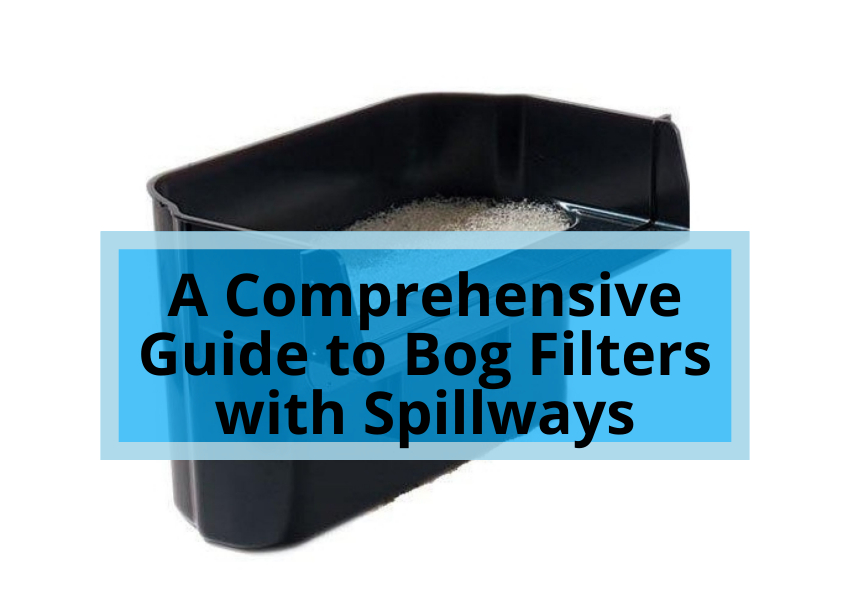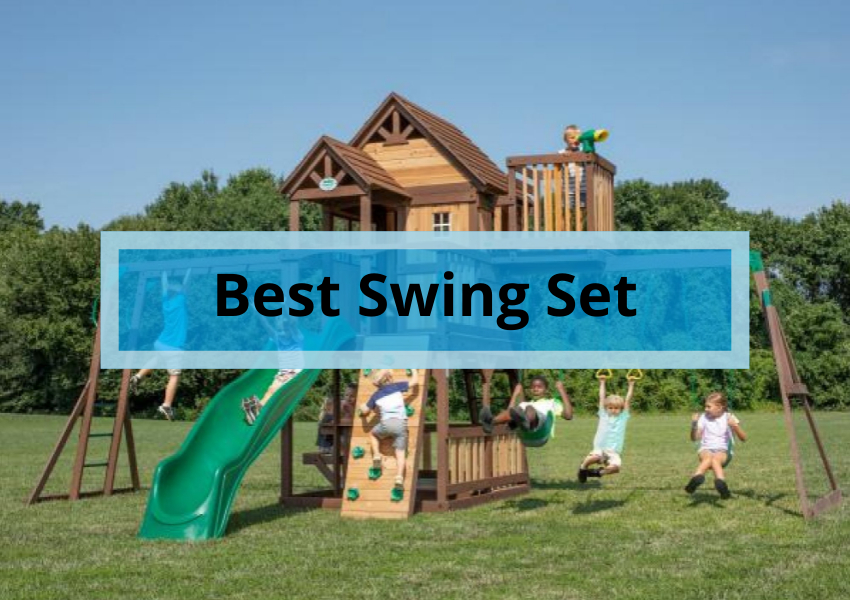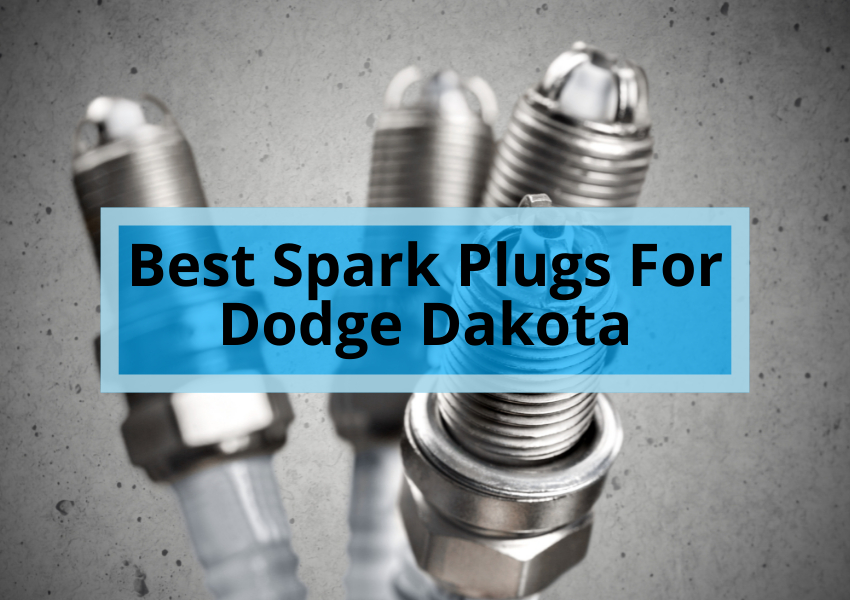If you are a musician looking to get into digital music production, one of the best investments you can make is a MIDI controller. MIDI controllers are electronic devices that allow you to control digital audio workstations (DAWs) and other music software. They come in a variety of shapes and sizes, and they can be used to play a variety of instruments, including keyboards, drums, and synthesizers.
If you are a beginner, it can be overwhelming to choose the right MIDI controller. There are many factors to consider, such as the number of keys, the type of pads, and the price.
In this guide, we will review some of the best MIDI controllers for beginners. We will also discuss some of the important factors to consider when making your purchase.
Different Types of MIDI Controllers
There are a few different types of MIDI controllers that are popular among beginners. These include:
- Keyboard controllers: Keyboard controllers are the most common type of MIDI controller. They have a set of keys similar to the keys on a piano.
- Pad controllers: Pad controllers have a grid of pads that can trigger sounds, samples, and effects.
- Mini MIDI controllers: Mini MIDI controllers are small, portable ones that are perfect for traveling.
Factors to Consider When Choosing a MIDI Controller
When choosing a MIDI controller, there are a few important factors to consider. These include:
- Number of keys or pads: The number of keys or pads on a MIDI controller will determine how many sounds you can trigger simultaneously. For beginners, a MIDI controller with 25 or 49 keys is a good option.
- Type of keys or pads: The type of keys or pads on a MIDI controller will affect the feel and responsiveness of the controller. Semi-weighted keys are a good option for beginners, as they provide a more realistic feel than other types of keys.
- Additional features: Some MIDI controllers come with additional features, such as knobs, faders, and transport controls. These features can help control your DAW software and other parameters.
- Price: MIDI controllers range from around $50 to $500. It’s essential to set a budget before you start shopping.
Best MIDI Controllers for Beginners
Here are a few of the best MIDI controllers for beginners:
Nektar SE25:
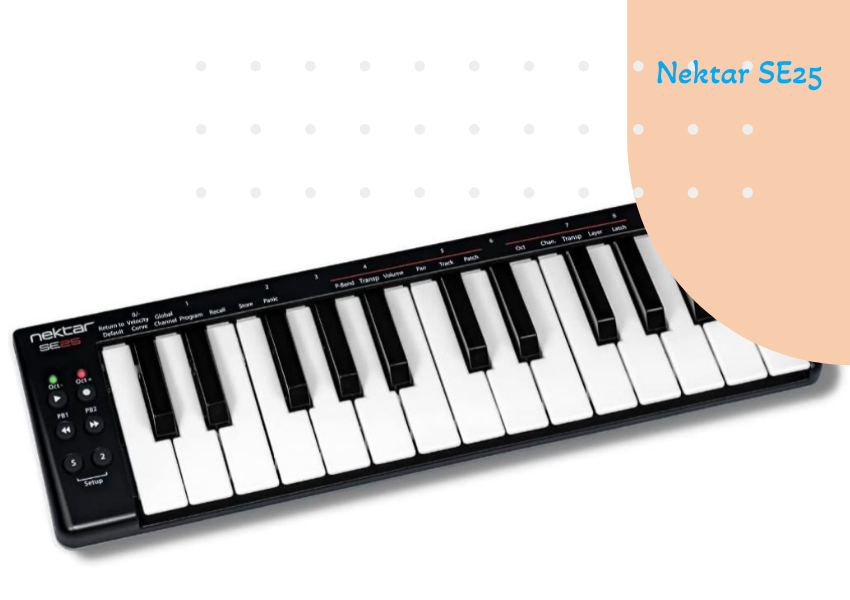
The Nektar SE25 is a great all-around MIDI controller for beginners. It has 25 semi-weighted keys, 8 pads, and a transport control section. It also comes with a software bundle that includes Bitwig Studio 8-Track.
Arturia MiniLab MkII:
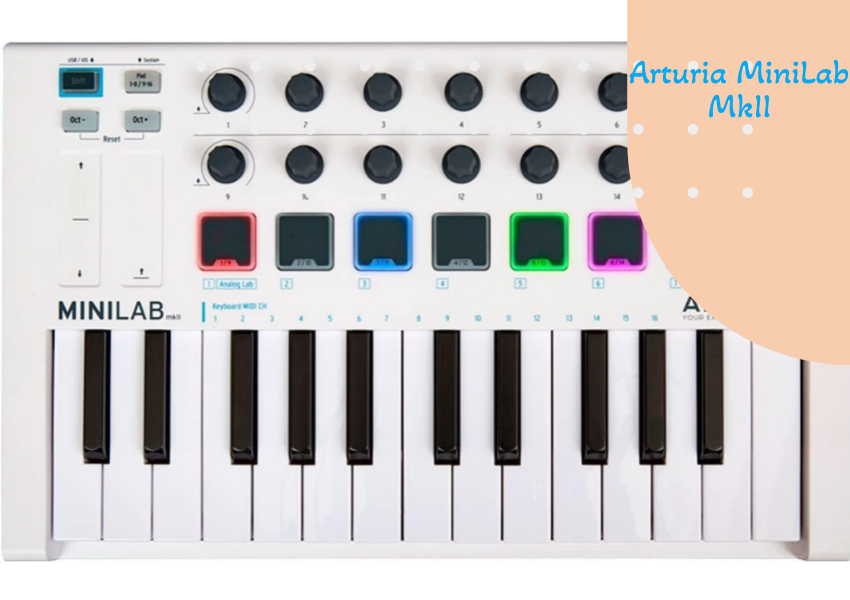
The Arturia MiniLab MkII is a compact and affordable MIDI controller perfect for beginners. It has 25 velocity-sensitive keys, 16 pads, and 9 assignable knobs. It also comes with a software bundle that includes Ableton Live Lite.
Novation LaunchKey Mini Mk3:
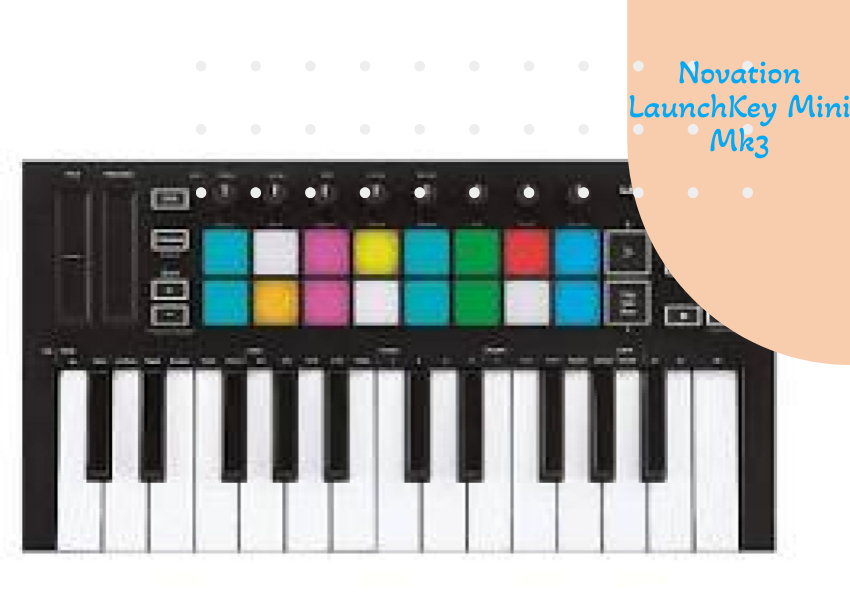
The Novation LaunchKey Mini Mk3 is another great option for beginners. It has 25 velocity-sensitive keys, 16 pads, and 8 assignable knobs. It also comes with a software bundle that includes Ableton Live Lite.
Akai Professional MPK Mini Mk3:
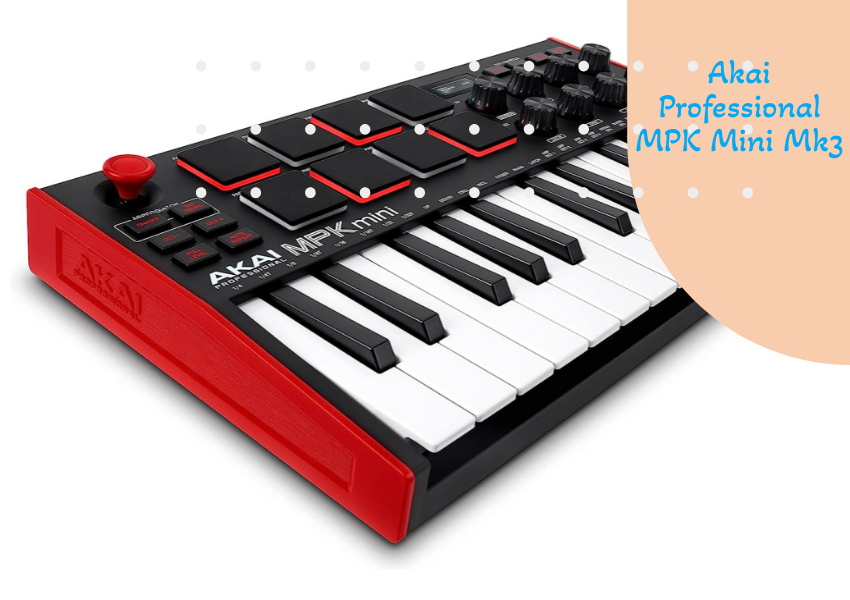
The Akai Professional MPK Mini Mk3 is a versatile MIDI controller that is perfect for beginners and experienced producers alike. It has 25 velocity-sensitive keys, 8 pads, and 8 assignable knobs. It also comes with a software bundle that includes Ableton Live Lite.
Also read: The Best Beat Pad for Beginners
Alesis V49 MKII:
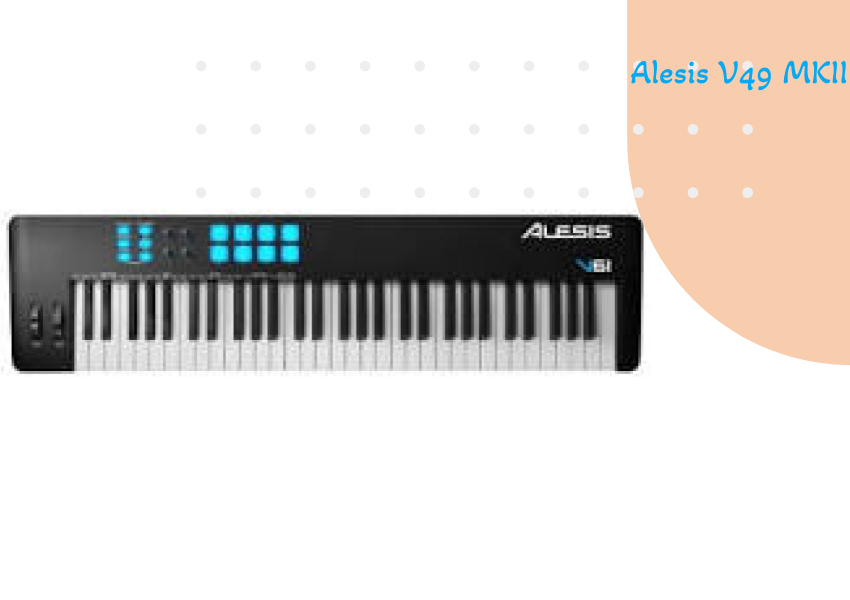
The Alesis V49 MKII is an excellent option for beginners looking for a MIDI controller with a full-size keyboard. It has 49 semi-weighted keys, 8 pads, and 9 assignable knobs. It also comes with a software bundle that includes Ableton Live Lite.
FAQs
What is the difference between a MIDI controller and a keyboard?
A MIDI controller is a device that sends MIDI messages to a computer or other device. These messages can control various parameters, such as pitch, velocity, and modulation. A keyboard, on the other hand, is a musical instrument that produces sound. MIDI controllers can be used to control keyboards, but keyboards can also be used without a MIDI controller.
What is the difference between velocity-sensitive and non-velocity-sensitive keys?
Velocity-sensitive keys respond to the force with which they are pressed. This means you can play softer or louder sounds by pressing the keys harder or softer. Non-velocity-sensitive keys do not respond to the force with which they are pressed. This means all sounds played on non-velocity-sensitive keys will be at the same volume.
What are assignable knobs and faders?
Assignable knobs and faders can be assigned to different parameters in your DAW software. This lets you control things like volume, pan, and effects with your MIDI controller.
What is a transport control section?
A transport control section is a set of buttons that can be used to control your DAW software’s transport controls. This lets you start, stop, and record your music without using your mouse or keyboard.
What is a software bundle?
A software bundle is a package that includes a MIDI controller and a copy of DAW software. This is a great way to save money on the MIDI controller and the software.
Conclusion
MIDI controllers are a versatile and powerful tool for musicians of all levels. Whether a beginner or an experienced producer, a MIDI controller can help you create and perform music in various ways.
We hope this guide has helped you learn more about MIDI controllers and has given you some ideas for choosing the right one for your needs. Happy music-making!tunesharemore_vert

